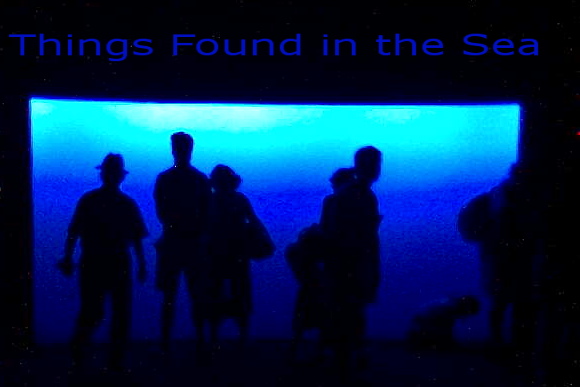 The first week of Paul Simon's month-long residency at BAM, Songs from The Capeman, was disappointing in one respect but incredibly rewarding in another.
The first week of Paul Simon's month-long residency at BAM, Songs from The Capeman, was disappointing in one respect but incredibly rewarding in another.Disappointing because even though it was clear that this would not be Paul Simon singing the songs he wrote from his failed Broadway show, you couldn't help but want him there, onstage, singing in the light knowing voice, strumming the guitar. Rewarding because instead of Paul Simon, we got the Spanish Harlem Orchestra and some of the best singers from Puerto Rico and of Puerto Rican descent - including the great Danny Rivera, whose soaring voice is considered the "national voice of Puerto Rico," and who could incite a salsa riot by stamping his feet (this is essentally what happened at the end of the night, actually), and these performers proved far better suited to the material, regardless who wrote it.
It has long been said of The Capeman, which has gone down in history as one of the more famous flops on Broadway, that there was great music trapped in something of an unstageble narrative, and BAM and Paul Simon have done this music a great service by freeing it from staging. While adhering loosely to the contours of a narrative about a troubled immigrant who is tried and imprisoned for cold-blooded murders (a story BAM didn't feel the need to include in the program notes), most of the songs stand on their own, in their own categories - pride, love, loss. There were sections, most notably in the second act, when lyrics became too concrete, too bound in the story of the Capeman and his rehabilitation, and the performance struggled to remain simply "songs," but in general this was a night of unflagging energy and extremely extroverted performances, showcasing the songwriting talents of one of America's greats.
Paul Simon did appear to perform one song from the show - the introspective "Trailways Bus," which was like a revisitation of "America" or "The Boxer," and he joined the Orchestra and singers in the end for the necessary encores (including "Late in the Evening").
I was left with the sense that Oscar Hernandez and the Spanish Harlem Orchestra were just getting started (after 2-and-a-half hours) and were willing to come back onstage for another set, and that the singers, which included in addition to Danny Rivera standouts Ray De la Paz and Frankie Negron, would join them as well.
I do wonder if Paul Simon, a Jewish man from Queens, writing songs called "Born in Puerto Rico" is well-intentioned but missing the mark, or if it is a testament of his collaborative and song-writing skills that there was no pandering - one criticism I have heard recently is that he (and artists like him) take popular regional music and water it down just enough for the average white masses - think Graceland and The Rhythm of the Saints in addition to The Capeman. Personally, I feel that act of collaborating with musicians from these different genres renders the point somewhat moot. I might have felt uncomfortable if Paul Simon and a backing band performed these songs, but they didn't. Paul Simon may have written the songs; they were given life by others.

There is also, finally, the capeman himself, Salvador Agron. During a few brief clips of archival footage, we were able to see a mere boy, standing defiant against the world, whose story of loneliness and the conflicting emotions he inspired are part of the day-to-day fabric of American Legend. The story might be unstageable, but it is certainly familiar, and Paul Simon's songs in the hands of capable singers (who it should be noted, for the most part avoided Broadway belting) lend humanity to a story that could have been marginalized as yet another curious New York footnote.
[The evening began with Little Anthony and the Imperials, and is was beyond wonderful to hear these older men in great voice, singing "Shimmy Shimmy Ko-Ko Pop" and "Tears on My Pillow."]


No comments:
Post a Comment